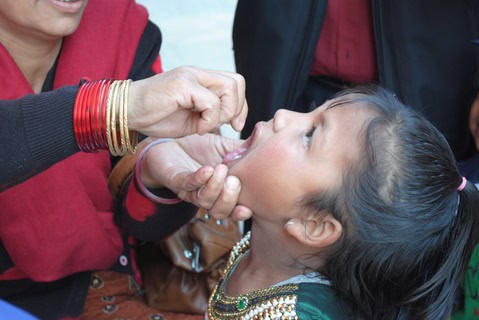Pakistan confirmed its 14th case of poliovirus this week in Balochistan, as the country grapples with a growing outbreak, health authorities announced on Sunday.
Polio is a highly contagious disease that primarily affects children under five by attacking their nervous system, which can lead to paralysis or death. Pakistan and Afghanistan are the only two countries where polio remains endemic.
The most recent case was identified in the Killa Saifullah district of Balochistan, according to the National Institute of Health’s (NIH) Regional Reference Laboratory for Polio Eradication, which confirmed the diagnosis on Saturday. The patient, a 22-year-old woman, developed paralysis in both legs on July 22 and passed away a few days later, the NIH reported.
“The poliovirus is adept at revealing significant immunity gaps and highlighting our problem areas,” said Ayesha Raza Farooq, the Prime Minister’s focal person for polio eradication, in a statement.
“Children in Balochistan are suffering due to missed vaccination opportunities in the past.”
Muhammad Anwar ul Haq, coordinator of the National Emergency Center for Polio Eradication in Pakistan, noted that 11 of this year’s 14 cases have occurred in Balochistan, where poliovirus transmission remains particularly high.
Efforts to control polio in Pakistan have often faced resistance, especially in the northwestern Khyber Pakhtunkhwa province, where militants have attacked vaccinators and their security teams. Some believe in a conspiracy theory that polio vaccines are part of a Western plot to sterilize the Pakistani population.
Public skepticism towards polio campaigns intensified in 2011 when the U.S. Central Intelligence Agency used a fake hepatitis vaccination program to gather intelligence on former Al-Qaeda leader Osama bin Laden.
Pakistani government officials have announced plans to launch nationwide polio vaccination campaigns in September, October, and December of this year.














